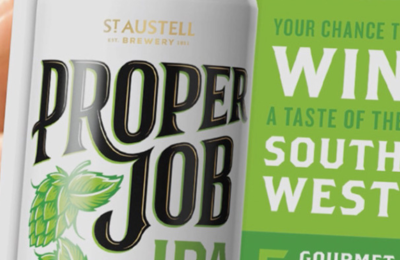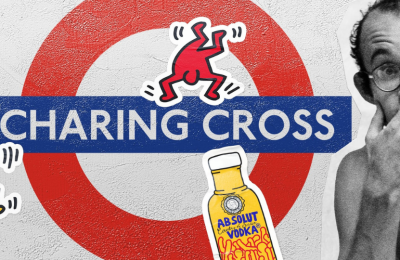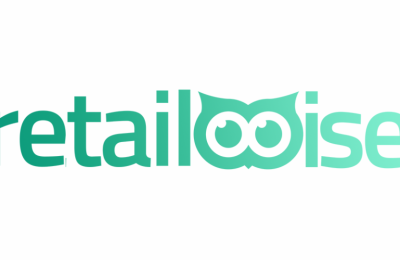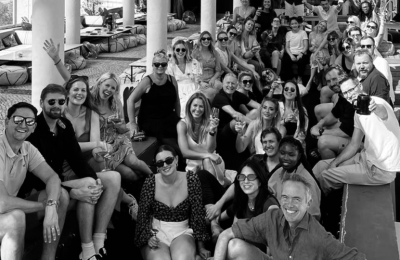Regulations governing how social media influencers advertise products online are confusing and unclear, with the UK public overwhelmingly believing the system should be more transparent, new research reveals.
The comprehensive survey into influencer marketing was carried out on behalf of Prizeology, a prize promotions agency specialising in promotional regulation and compliance. The survey looked at how the public perceive rules and regulations around influencer marketing.
The research, carried out on 2,015 members of the general public, looked at influencer marketing on social media platforms covering Instagram, Facebook, Twitter, YouTube and Pinterest. It overwhelmingly revealed a worrying lack of knowledge around the rules governing advertising by influencers.
A huge majority – 71% of people – wrongly believe that there are no regulations surrounding influencer marketing. Nearly two-thirds (61%) believe that influencers do not have to state that they have been paid to talk about a product – which is incorrect, because under consumer protection legislation, influencers must state if they are being paid to promote a brand’s products. The CAP Code, the code of conduct which is part of the UK’s self-regulatory system covering advertising and marketing in the UK, reflects and reinforces the legal position, and a number of complaints against brands have been upheld by industry regulator the Advertising Standards Authority for insufficient clarity in publicising commercial relationships with bloggers, vloggers and other social media influencers.
Half (49%) of the UK public were unaware of the relevant language or tags like #ad which are supposed to appear on paid-for posts to show that paid-for product promotion is involved; 33% of these were young people aged between 18-24, which suggests consumer confusion is not restricted to the older age brackets.
The research also clearly showed that the general public believes that they should be informed if people are being paid to promote products: 88% of the survey sample agreed with this statement, with 60% agreeing that their perception of a brand is improved when they are transparent about product promotion.
Sarah Burns, Managing Director of Prizeology and an expert on compliance and regulation in the promotional marketing sector, says: “The results are extremely interesting and overwhelmingly show a shocking lack of knowledge and confusion amongst all age groups – including teenagers – about the way that brands use social media influencers to advertise their products.”
Well over two-thirds (71%) of those questioned felt that more should be done to force disclosure.
Brands are also in danger of having their reputations damaged by lack of transparency, with 44% of those surveyed saying they felt that influencer marketing is damaging and 66% of people agreeing that their perception of a brand improved when they were transparent about product placement. Burns comments: “This should be a wake-up call to brands to make sure that they are acting within the rules when working with influencers. The public do not want to be duped and brands could suffer as a result.”
She concludes: “It is clear that this is an area of promotion that is growing rapidly, and the regulations need to be enforced more rigorously to keep pace with its growth. Now is the time to take action. I know the Advertising Standards Authority has committed to comprehensive education and enforcement this year, and our research shows that this would be welcomed by consumers.”
The survey of 2,015 people, representative of the UK by age, gender and region, was conducted by Vitreous World Ltd for Prizeology between January 30th and February 2nd 2018. A white paper and full breakdown of the survey and results can be downloaded from the Prizeology website.
Prizeology is a prize promotions agency working with brands to engage customers. It specialises in compliance and best practice and helps brands and businesses run prize promotions which stick to the rules and regulations.




















